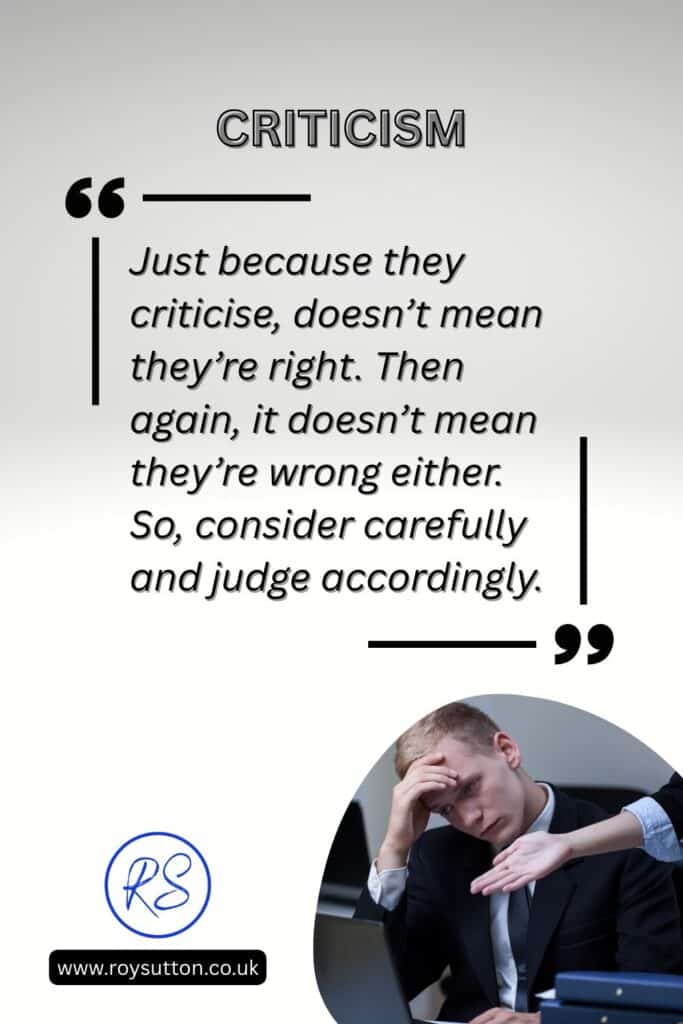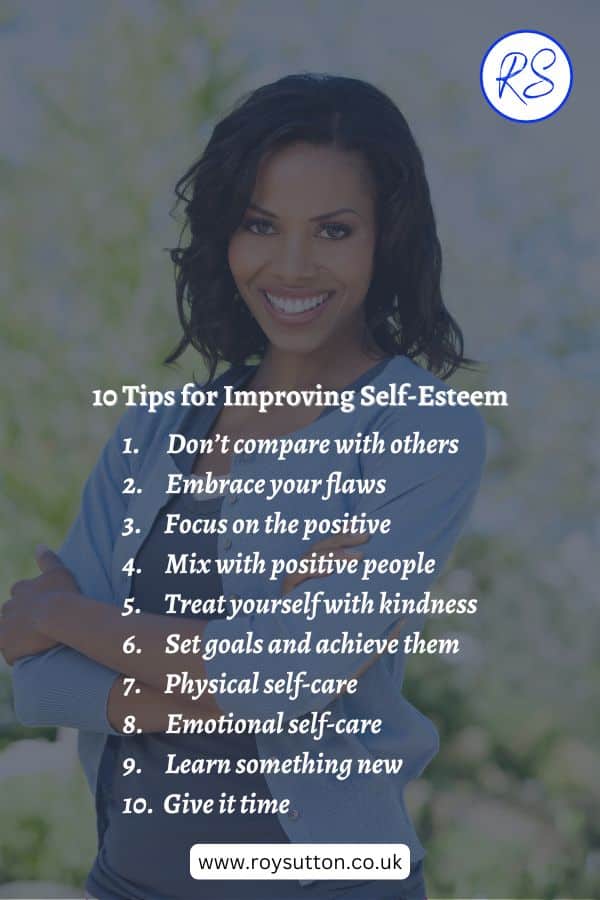
Time you enjoyed wasting, was not wasted. ~John Lennon
Regular readers of this blog will know that I am a great believer in making the most of your time.
In particular, a constant message from me is that you should not waste your time. However, as with everything, it is important to strike a balance, of course.
As the late John Lennon reminds us in his observation above, truly enjoying yourself can never be a waste of time.
Enjoying yourself and having fun have positive benefits for your physical and mental health.
For a start, it reduces stress.
Also, what would be the point of life if you couldn’t have a little fun occasionally? All work and no play will make you a very dull person indeed.
Remember the words in that old Music Hall song, “Enjoy yourself, it’s later than you think. Enjoy yourself while you’re still in the pink.”
For any reader not familiar with the expression ‘in the pink‘, it’s British slang for being in a good state of health.
You can’t be serious all the time, dear reader.
Sometimes you’ve just got to have some fun.
So go on, and start having some fun right now. You know you want to.

Please share this post on social media:
If you found this article useful and inspiring, then please share it on social media with your friends. When you share, everyone wins.
So go on, please share it now. If you can do that for me, I will be ever so grateful and you’ll be helping a keen blogger reach a wider audience.
Thank you for your support.
Other articles that might appeal to you:
- 5 questions that’ll help your buying decision process
- What is life’s most precious resource?
- Success and why you should never quit
- Does being a success really matter?
- 5 very powerful quotes with reflections on their meaning
- 11 wise sayings about life lessons and what they mean
- Why should I be positive?
- 5 powerful quotes and the wisdom within
- How to overcome laziness in 4 steps
- Absolutely guaranteed secret to success

© Mann Island Media Limited 2026. All rights reserved.
enjoying yourself, enjoying yourself, enjoying yourself,


































